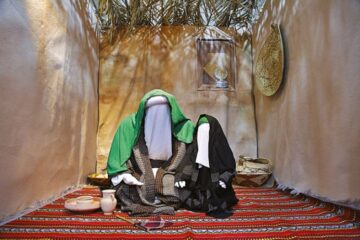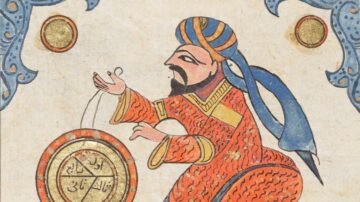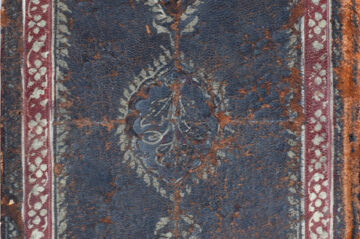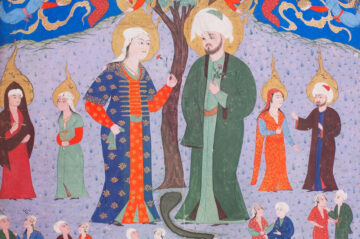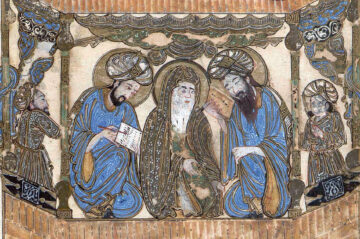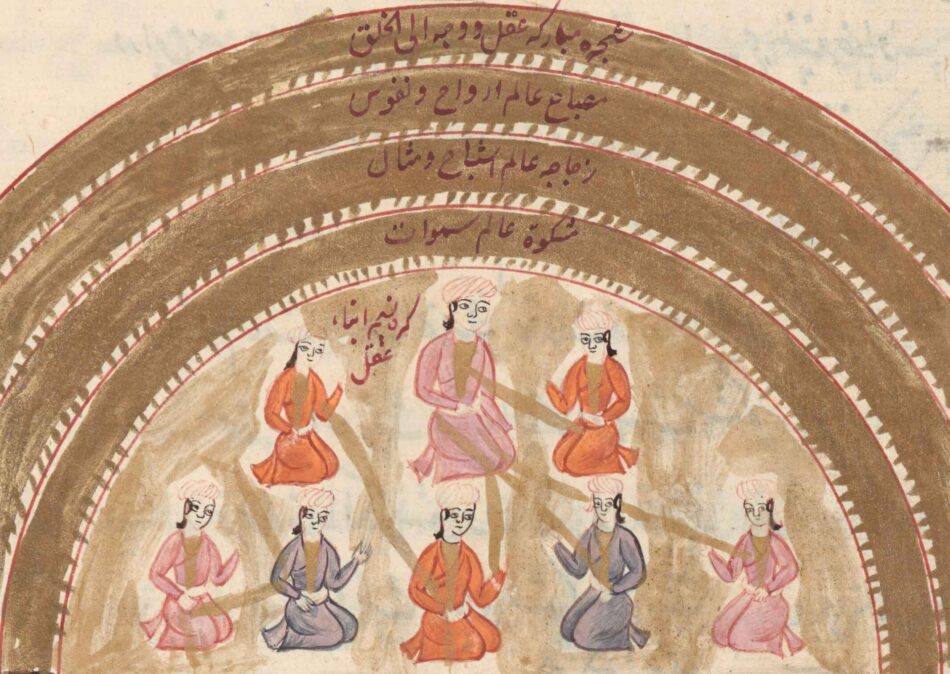
-
Status
Applications Closed -
Date
14 Jul 2022 -
Location
Aga Khan Centre and Online
Part of the Islamic History and Thought Lecture Series
The notion that events bearing far-reaching consequences for the human condition took place prior to the creation of the world and of man has been a central theme in the Islamic literary tradition. This lecture seeks to demonstrate how the raw materials of this notion in Imami-Shiʿi thought – namely, its expressions in the earliest literary strata, the Qurʾan and the ḥadith – were addressed, creatively interpreted and elaborated upon by thinkers of two later periods: the Buwayhid (945-1055 CE) and Safavid (1501-1722 CE).
Among the multiple representations of the notion of pre-existence, special attention in the lecture will be on the Shiʿi belief that human souls (al-arwaḥ) were created prior to the bodies rather than simultaneously. This belief, the lecture will show, was to become a bone of contention between advocates of adherence to the transmitted word (naql) and their rationalist opponents who promoted the use of reason (ʿaql) in religious sciences. The gap between the meagre information the Qurʾan provides regarding this belief and its centrality within the Imami-Shiʿi discourse is an additional aspect the lecture will address.
Image: Illustration from a 19th c. manuscript of the Tuhfat al-muluk by Ja’far Kashfi.
Date: 14 July 2022
Time: 5.00 pm – 6.30 pm GMT
Location: Aga KhanA title granted by the Shah of Persia to the then Ismaili Imam in 1818 and inherited by each of his successors to the Imamate. Centre, London, and online (Zoom)
Q&A: At any time during the lecture, attendees can submit questions to the speaker through the Q&A option at the bottom of the control panel. As time allows, the speaker will address as many questions as they can during the Q&A session at the end of the presentation.
Recording: Please note that the session will be recorded and published on the IIS website, and on the IIS YouTube channel.
Discussants: Dr Fârès Gillon (The Institute of Ismaili Studies, UK); Dr Edmund Hayes (Radboud University)
Dr Roy Vilozny
Dr Roy Vilozny is an Arabist specialising in Imami-Shiʿi religious thought and intellectual history, currently working as senior lecturer at the Department of Arabic Language and Literature at the University of Haifa. Dr Vilozny’s research is based primarily on the close reading and analysis of literature produced by Imami-Shiʿi scholars from medieval times until the pre-modern era. A recurrent theme in Dr Vilozny’s research is the role the Shiʿi canon of ḥadith played in the consolidation of doctrines and theological notions, both at the time of its formation during the ninth and tenth centuries CE and in subsequent generations. The emergence and development of Shiʿi studies in Western academia starting from the early twentieth century is another facet of Dr Vilozny’s current work.

